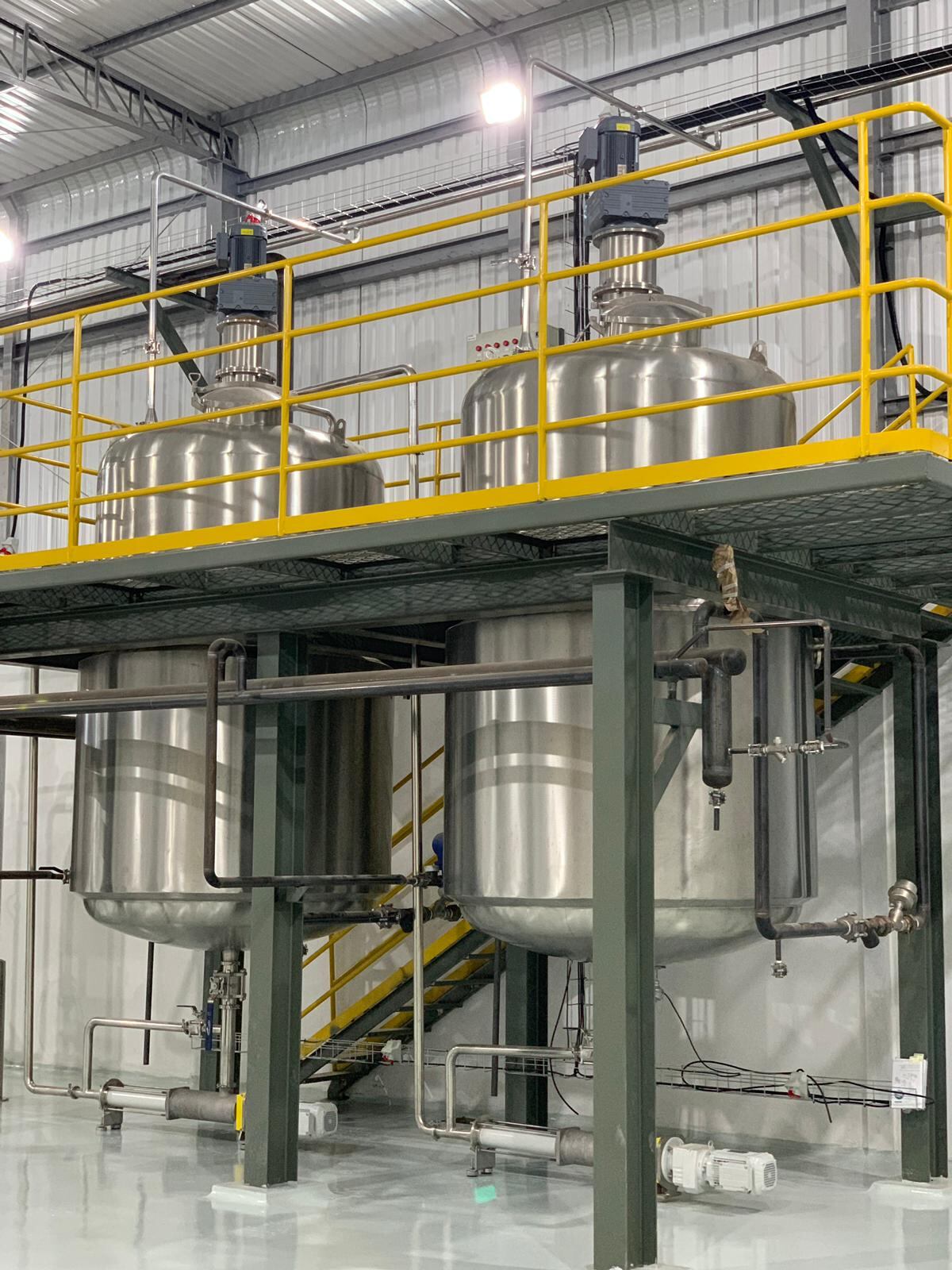New Brazilian collagen producer says its reimagined production process provides differentiator
The product, called PeptPure Collagen Peptides, is manufactured by PepTech Collagen Inc. and is produced at a facility in Brazil. It is the brainchild of industry consultant Felipe Chaluppe, who serves the company’s president, and co founder Rudye Santos.
New niche in an old market
Any collagen facility needs to be located near the source of raw material, which in PepTech’s case is cow hides. So having the new facility located in the western part of Sao Paolo State is no surprise, Chaluppe said. Brazil is the world’s largest beef exporter.
But that’s where PepTech’s similarity to other collagen producers ends, said Chaluppe. He has a long history in the collagen business after working at companies like Rousselot and Gelnex, which is a major Brazilian collagen and gelatin producer.
Chaluppe said that experience gave him insights about what works and what doesn’t in the business. And it gave him ideas about opportunities that were still to be tapped in what at first glance appears to be a crowded, mature market.
“Over the years I have visited about 40 different collagen and gelatin facilities,” Chaluppe told NutraIngredients-LATAM.
Cutting out the gelatin
“To be a new producer in this consolidated market we needed to find a way to do something different,” he said. “What we came up with was to skip the gelatin process altogether.”
Chaluppe said that most companies offering collagen as an ingredient are in fact first and foremost producers of gelatin. The collagen is derived from the gelatin after that is extracted from the hides (or in the cast of fish-based products, the skeletons). It tends to be a complicated chemical engineering process with a lot of steps and can generate a lot of waste products, he said.
In PepTech’s case, the co-founders say they found a way to simplify the process and do away with some of the chemical inputs. The process starts in a similar fashion as do the gelatin-collagen processes, with the grinding and cooking of hides. It diverges from there, though, by inserting a purification step based on a proprietary filtration process.
“We engage in an enzyme-based washing of the hides that is very minimal. Then we cook them and then the ingredient goes to a purification process that is all physical. We have achieved a better process with less water and no chemicals,” he said.
Cleaning up a potentially messy business
Another way the partners have sought to differentiate their ingredient is through their sourcing arrangements. The cattle industry in Brazil includes animals that environmentalists charge have been raised on plots of razed rainforest, with all of the dark images of displaced indigenous peoples, habitat destruction and global climate change that picture conjures.
To counter these potential drawbacks for their new ingredient, Chaluppe said the company made the decision to partner with a group of bovine hide producers that are certified by the Leather Working Group, an international consortium of tanners. This means they operate to the highest industry standards of environmental, social and trade protocols, Chaluppe said. The organization includes dozens of audited member companies in Brazil.
“Our process is a batch process, whereas the other guys use a continuous process that starts with gelatin. For us there is a clear cut from one lot to another, and our scale allows us to select specific partners,” Chaluppe said.
“The Leather Working Group certification includes extensive audits of things like water and chemical use. Going through that channel we can trace the raw material of any batch back to the pastures where the animals were raised,” he said.




